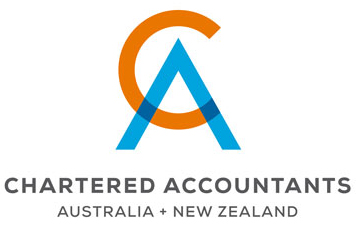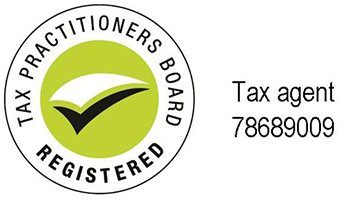APRA’s view on COVID payments and super work test
The Australian Prudential Regulation Authority (‘APRA’) has recently outlined its view on whether a superannuation fund can accept a personal contribution from an individual who is aged 67 to 74 and in receipt of the Pandemic Leave or COVID-19 Disaster Payment under the ‘work test’ rules.
The ‘work test’ requires an individual aged 67 to 74 (inclusive) to have been ‘gainfully employed’ (meaning, they are employed or self-employed for gain or reward) on at least apart-time basis (that is, at least 40 hours in a period of not more than 30 consecutive days) during the financial year in which they make voluntary contributions.
APRA’s view is that, unlike the former JobKeeper payment, recipients of the Pandemic Leave or COVID-19 Disaster Payment should not automatically be considered ‘gainfully employed’ for the purpose of the ‘work test’ and the acceptance of voluntary superannuation contributions.
That is, an individual receiving the Pandemic Leave Disaster Payment would not be able to count the 14 days in which they receive the payment towards the work test due to the fact that they must not be working to be eligible for the payment.
And while the COVID-19 Disaster Payment could potentially supplement a person’s wages where they are working reduced hours, APRA says the payment is a personal income supplement (or replacement) rather than an employer-based wage subsidy.
However, APRA notes it is possible that people receiving these payments may return to work in the future and manage to satisfy the part-time work test.
Ref: APRA website, Question 15 of ‘Frequently Asked Questions – Superannuation trustees’ response to COVID-19’, 23 August 2021

